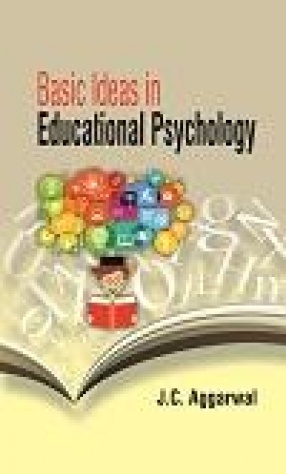
J C Aggarwal

44 books

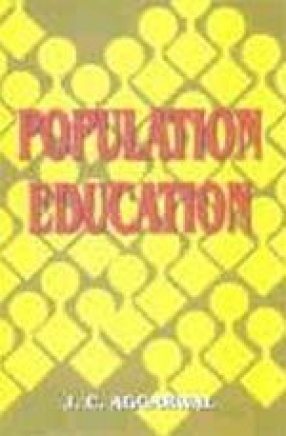
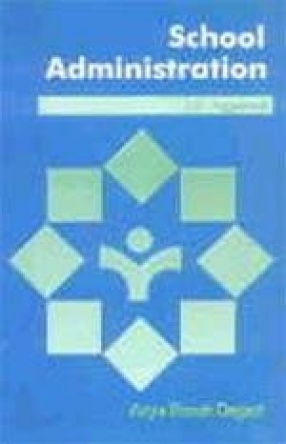


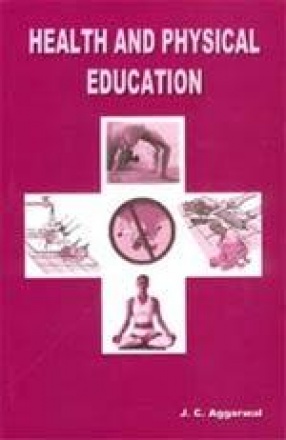
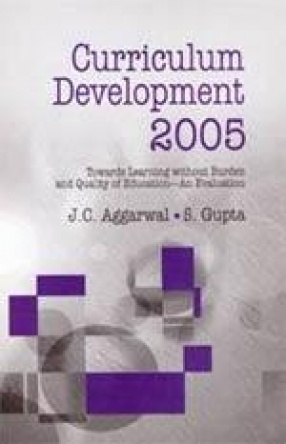
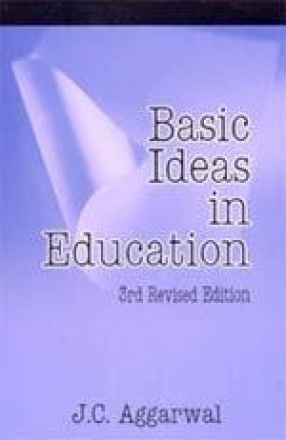

Book attempts to provide a meaningful explanation of issues, like why to study educational psychology?, what is its utility to the prospective as well as in-service teachers?, what is its role in making education child oriented? All these issues are explained by incorporating the views of great educational psychologists in a simple way.
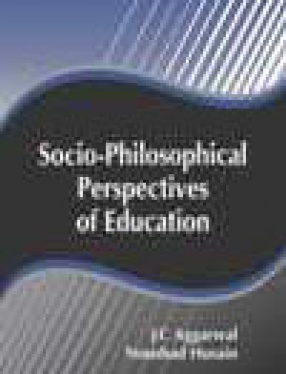
This book introduces the sociological and philosophical perspectives on education with a view to initiate inquiries and discussions on significant facets, themes and questions regarding education in India, that is, how education is both the means and product of social change, how multiculturalism and the concept of composite culture have impacted educational policies and how the movements of human rights education and children’s rights have reshaped the ...
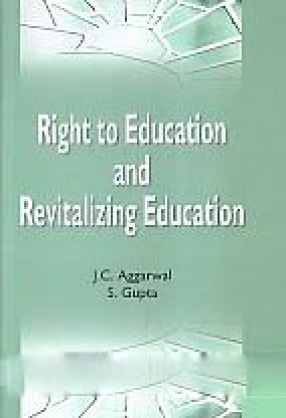
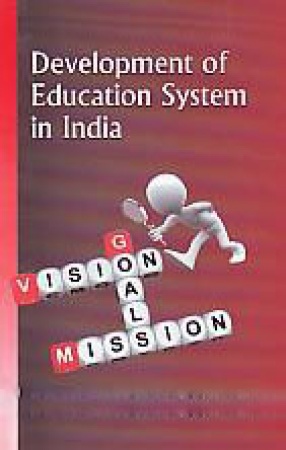
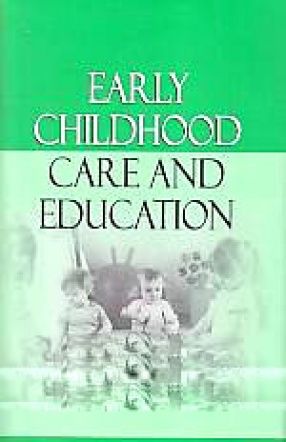
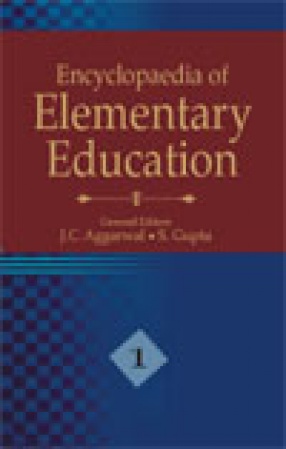
The state shall Endeavour to provide, within a period of ten years from the commencement of this Constitution, for free and compulsory education to all children until they complete the age of 14 years.
Constitutional mandate 1950. It shall be ensured that free and compulsory education of satisfactory quality is provided to all children up to 14 years of age before we enter the twenty first century. National Policy of Education 1986. Every child/citizen of this ...
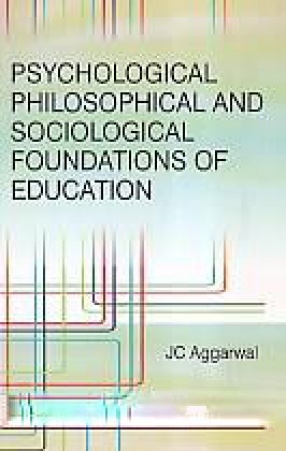
The volume provides not only a holistic view of various facts of education but also discusses the Futurology and the role of educational institutions in meeting the forthcoming challenges.To provide a comprehensive overview of emerging concerns in the field of education, inspiring and thought-provoking views of great thinkers of the East and the West are given in an easy-to-understand language, with a critical and meaningful analysis where needed. The role of the ...

The fast rate of growth of population has affected the quality of life of the people. The time has come when future citizens while in educational institutions should understand various issues related to the population problem. This book covers the topics like—why to study population dynamics? What is its utility to prospective as well as in-service teachers? Sex education, family planning and their relation with the population are discussed. It highlights the ...
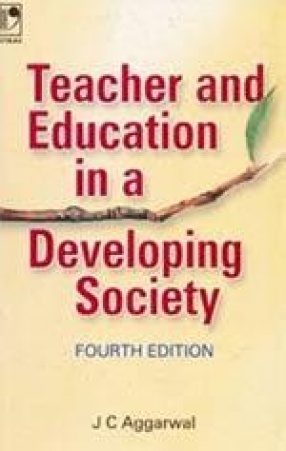
Essentially a 'student-centred' and 'examination-centred' book, Teacher and Education in a Developing Society is designed to fulfill the needs of B.Ed students of various universities in India. All possible efforts have been made to provide an exhaustive treatment of the topics in a cogent, lucid and simple manner so that students can grasp the subject matter clearly and completely and are able to answer all questions with full confidence. The fourth edition of ...
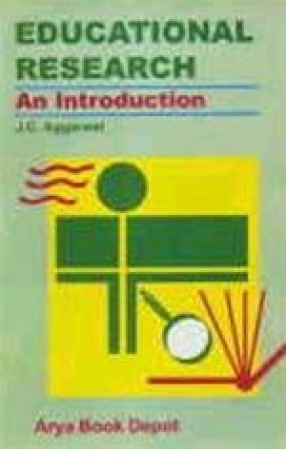
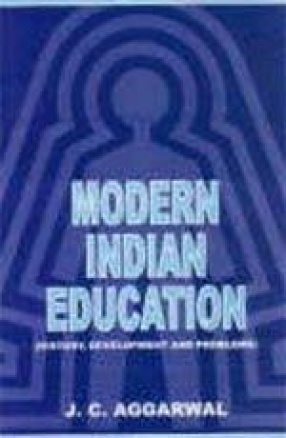
The book provides a meaningful survey of the development of education in India since 1800, with a focus on post-independence period. It presents details of the strenuous efforts made to restructure the educational system so as to meet the aspirations and needs of the people of India. The picture, undoubtedly, is of both light and shade of some outstanding achievements as well as dismal failures. The publication draws its materials from more than one hundred ...
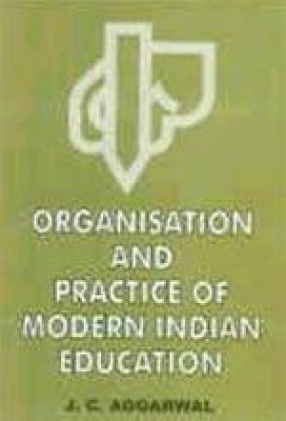
The book attempts to provide a meaningful explanation of issues like. What is the role of schools in social transformation? How educational institutes can assist in achieving the goals of secularism, socialism and Democracy? Why should the education of girls be emphasized? How can we fulfill the constitutional provisions regarding free and universal compulsory education? All these issues are explained in the light of the reports of the committees and commissions ...
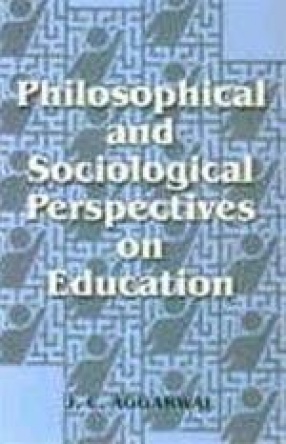
The book discusses the philosophical and sociological perspectives of education in the context of Indian society. It analysis and interprets various educational theories in the light of needs of 21 century. The book suggests practical measures for fulfilling the objectives of secularism, socialism and Democracy as envisaged in the Constitution of India. The role of different types of formal, informal and formal agencies of education in this regard is highlighted. ...


The First Historical Survey entitled Development of Education in India was published in 1986. It covered the period before and after independence up to the year 1985. The Second Historical Survey covering the period 1985-1990 was brought out in 1991. Both these surveys placed in the hands of the discerning educationists as also reviewers have been well received. Third Historical Survey of Educational Development in India, covering the period 1990-92, reflects ...
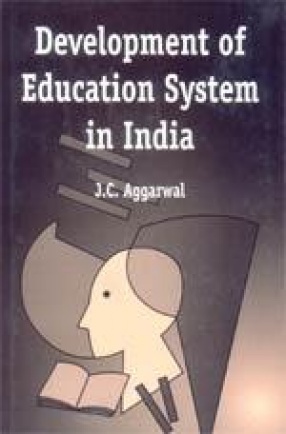
The book includes a comprehensive survey and analysis of the development of Education system in India from the Vedic times to the modern times. The book is divided into six segments – Education in ancient India; Education in medieval India; Education in India during of the British period; Education in post Independence era; Contemporary educational problems and Issues; Educational Statistics, Graphs and Figures. The book may be useful to all those interested in ...

The focus of the book is on the development and education of the adolescents, especially Indian adolescents – their anxieties, inspirations, issues and problems. Accordingly it highlights the imperative need to provide a stimulating educational environment and also offers workable suggestions to channelise their energies in such a manner that would contribute to their optimum all round development. The book responds to the needs and interest of a wide range of ...

The book is designed to offer practical guidelines and suggestions keeping one healthy and strong. Basic and essential information on emerging topics like AIDS, Drugs, and sex education contained in this book should prove handy to the readers. Recommendations of several Committees and Commissions on Health and Physical education find an important coverage in this volume. This book may be useful to students, teachers, educational planners and administrators.
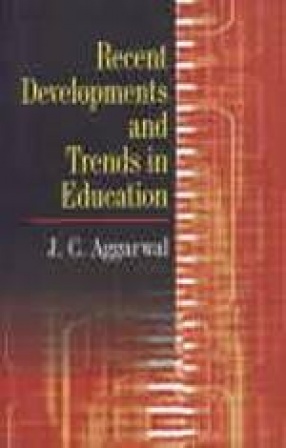
The role of education in meeting the emerging socio-economic challenges of the twenty-first century, especially in the context of ICT Revolution, is the highlights of the book. It embraces in its orbit a multitude of issues from early childhood care to education for peace, Eleventh Five Year Plan with facts and figures which are suitably culled from authentic sources and annual reports.Since most of the topics discussed form part of the teacher training modules, ...
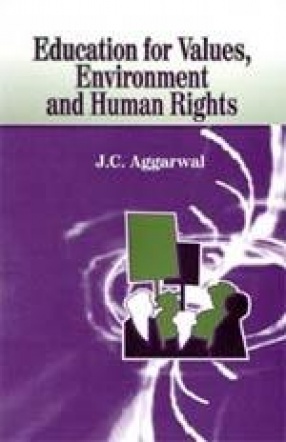
All the three themes of this book - the Values, the Environment and the Human rights have acquired a special significance in the present trend of debasement of human values, degradation of environment and violation of human rights. In this context, this publication highlights the role of educational institutions to reverse this trend. It offers several workable suggestions. In the ultimate analysis, it is held that there is a paramount need for mass awaking and ...
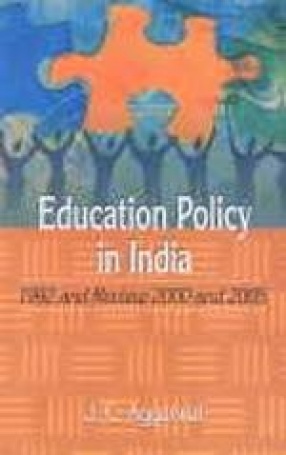
Since the adoption of the 1968 policy of education, the most notable development has been the acceptance of a common structure of education throughout the country. The book focuses on the review of NPE 1986 in 1992 and the efforts made in the implementation of the NPE; and the modifications made. While discussing the various dimensions of the NPE, attention is also given to the restructuring of the curriculum covering salient features of National Curriculum ...

The book attempts to provide a brief but constructive and critical analysis of the observations and recommendations contained in National Curriculum Framework-2005, formulated by the steering committee set up by the Ministry of Human Resource Development, Government of India under the chairmanship of Prof. Yash Pal. Since the focus on educational reforms is in the light of the document 'Learning Without Burden' (1993), its main recommendations with their ...
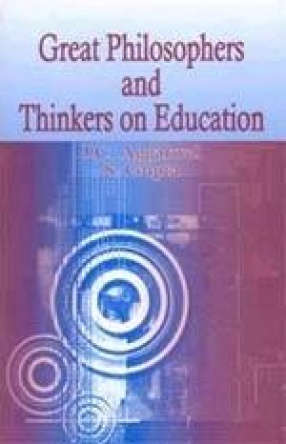
The field of education has grown enormously. Thinkers on education from East and West continue to enrich the professional literature with their important contribution. The book covers inspiring thoughts of celebrity philosophers and thinkers on education. It also includes their rich contribution to education as well as their published works. Brief-notes and name-index of several other thinkers in the field added in the book further enhance its utility. The Users ...

The book attempts to present penetrating and subtle thoughts of the masterminds on educational thoughts and practices in a simple way. It includes the thinking of Eastern Educational philosophers from Yajna Valkya to Gandhi and of the Western thinkers from Socrates to Dewey. It provides a detailed analysis of the contribution of Tagore, Gandhi, Krishnamurthy, Sarvapalli Radhakrishnan, zakir Husain, Rousseau, freire, John Amos Comenius, Confucious and Dewey. It ...
